Invited Speakers
We are proud to present the following keynote speakers at ECEM 2017:
Debra Titone, Canada
Laure Pisella, France
Marisa Carrasco, USA
Ben Tatler, United Kingdom (Scotland)
James Bisley, USA
Karl Gegenfurtner, Germany
Debra Titone (McGill University, Montreal)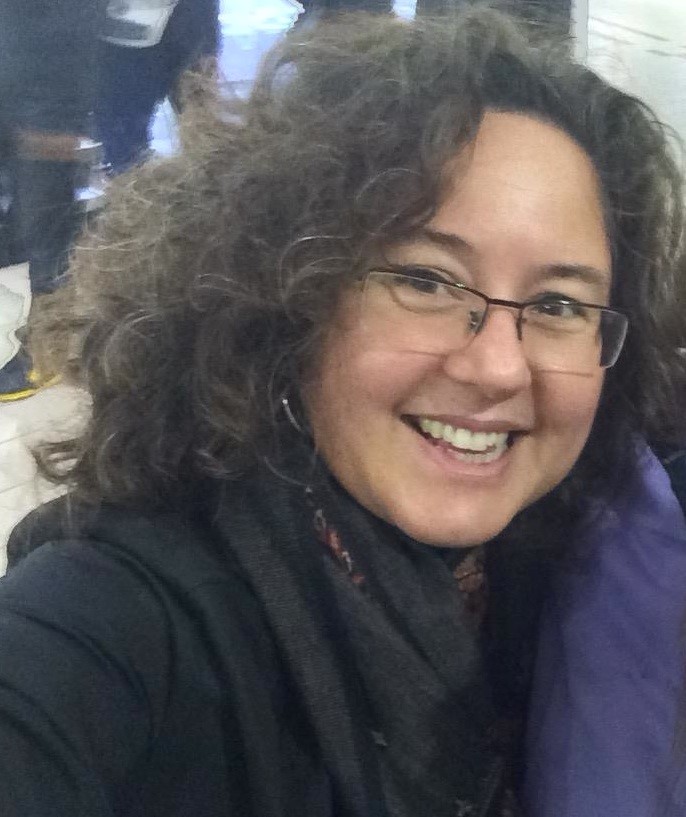
Keynote Lecture:
Eye Movement Studies of Reading in Special Populations
Personal Information:
Debra Titone has a PhD in Experimental Psychology at the State University of New York, Binghamton in 1995, and completed two postdoctoral fellowships - one at the Volen Center for Complex Systems, Brandeis University, and another at McLean Hospital, Harvard Medical School, where she was later appointed as Assistant Professor of Psychology in the Department of Psychiatry. Dr. Titone joined the faculty in the Psychology Department at McGill University in 2002, where she is a Full Professor and Director of the Multilingualism and Language Laboratory. Dr. Titone’s lab has had continuous research funding for the past 15+ years from a combination of sources including NSERC, SSHRC, CIHR, and NIH. Dr. Titone serves on the executive board of the Centre for Research on Brain, Language & Music, McGill University; is an elected Member-at-Large in the Canadian Society for Brain, Behavioral and Cognitive Science; serves as Officer in the NSF-funded Women in Cognitive Science group; and is co-founder of the NSERC-funded Women in Cognitive Science-Canada. Dr. Titone’s research on language and bilingualism has made use of different eye tracking paradigms in a variety of participant populations.
→Lab Website
Laure Pisella (Lyon Neuroscience Research Center, France)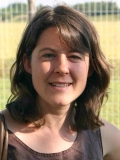
Keynote Lecture:
An update of the functional role of the dorsal visual stream
Personal Information:
Laure Pisella studied biology at the University of Lyon, France. She received a Master of Molecular and Cellular Biology in Ecole Normale Supérieure in 1997 and a PhD in Health Science (Neuropsychology in 2000 with a thesis on « Multiples pathways in interaction for Perception and Action». In 2001 she held a postdoctoral position at the University of Melbourne, funded by the National Health and Medical Research Council of Australia (NH MRC). In 2002, she obtained a full-time research position at the french Center for National Scientific Research (CNRS) and, since then, has been working for the INSERM team called "Espace et Action" in Bron, France. In 2006, she received the Bronze Medal of the CNRS. In 2008, she received her habilitation degree from the University of Lyon 1. In 2011, she joined the Integrative, Multisensory, Perception, Action and Cognition Team (ImpAct) of the Lyon Neuroscience research center (CRNL).
→Lab Website
Marisa Carrasco (New York University, United States of America)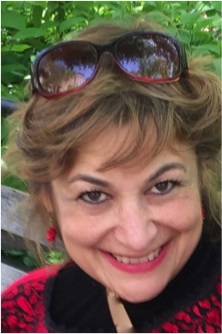
Keynote Lecture:
On covert attention and presaccadic attention
Personal Information:
Marisa Carrasco, Professor of Psychology and Neural Science at New York University, uses human psychophysics, neuroimaging, and computational modeling to investigate the relation between the psychological and neural mechanisms involved in visual perception and attention. She received her Licentiate in Psychology from the National University of Mexico (1984) and her Ph.D. in Psychology from Princeton University (1989). She was an assistant professor at Wesleyan University (1989-1995) before joining NYU as an associate professor (1995), where she became a full professor (2001), served as the Chair of the Psychology Department (2001–2007), and was named a Collegiate Professor (2008). She has been the recipient of multiple awards, including a National Young Investigator Award from the National Science Foundation, an American Association of University Women Fellowship, a Cattell Fellowship and a Guggenheim Fellowship. Her research has been supported by the National Science Foundation and the National Institutes of Health. She has been a senior editor of two premiere journals of vision, Vision Research and Journal of Vision.
→Lab Website
Ben Tatler (University of Aberdeen, Scotland)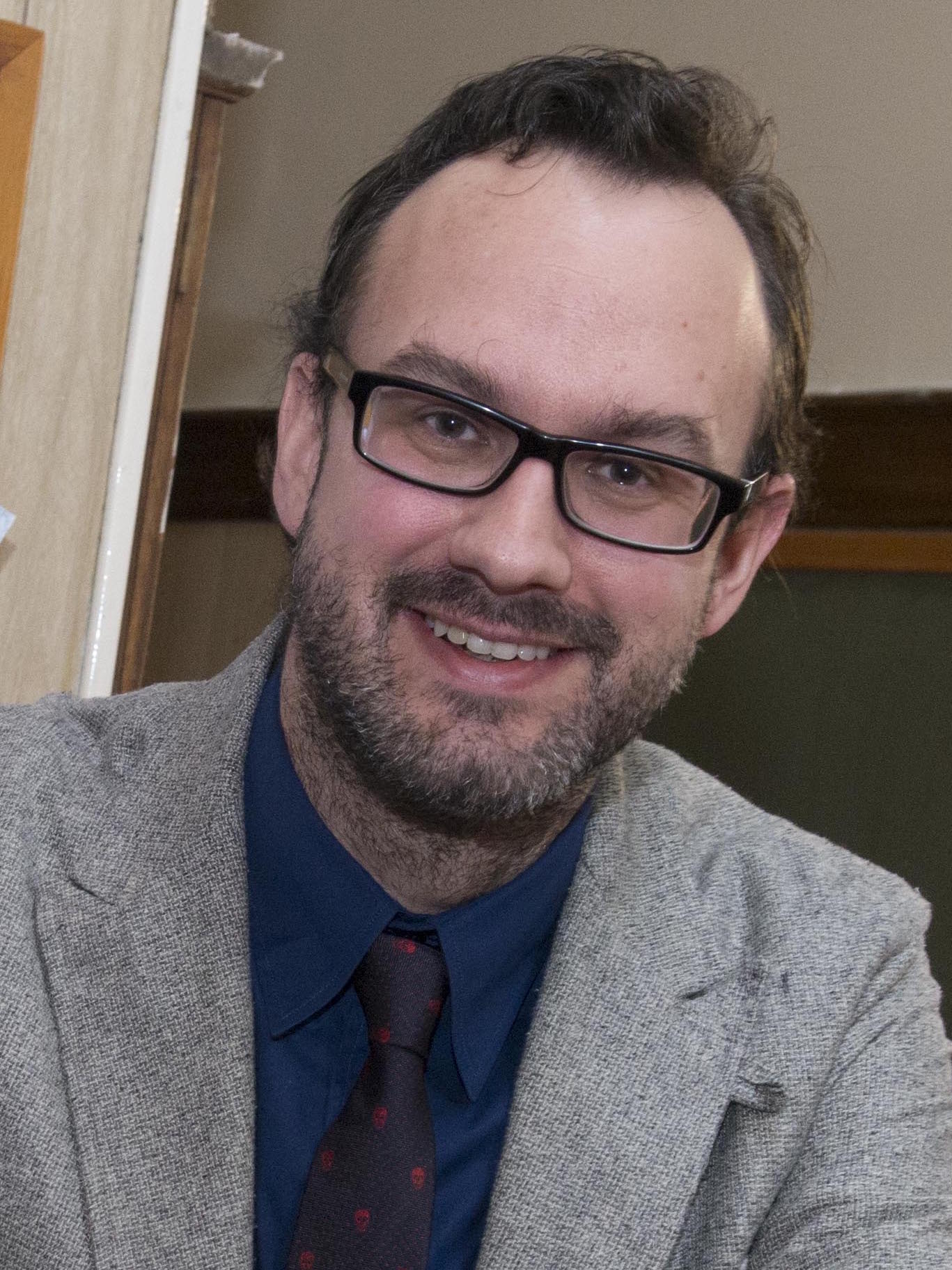
Keynote Lecture:
Where (and when) next? How people view images of natural scenes
Personal Information:
Ben Tatler obtained an undergraduate degree in Natural Sciences from Cambridge University in 1998, and a PhD from the University of Sussex in 2002, under the supervision of Professor Mike Land FRS. After staying with Mike Land for his postdoc, Ben took up a lectureship in Psychology at the University of Dundee in 2004, where he stayed for the next 11 years. Since 2015, Ben has been a Professor of Psychology at the University of Aberdeen.
Ben Tatler's Active Vision Lab studies how vision is used to provide the information we need to complete our activities of everyday life. Two key questions if we are to understand how vision supports behaviour are where we look and what we encode and retain from the places that we look at. This work spans domains from static scene viewing to real world settings. A particular emphasis in our lab is the importance of studying vision in the context of natural behaviour in real environments, rather than exclusively in laboratory settings.
→Lab Website
James Bisley (University of California, United States of America)
Keynote Lecture:
The roles of cortical areas in guiding eye movements during visual search
Personal Information:
Dr. Bisley received his Ph.D. from the University of Melbourne, where he studied the peripheral processing of shape information in the somatosensory system. In 1998 he moved to the University of Rochester as a postdoctoral fellow in the lab of Tania Pasternak, where he studied the neural mechanisms underlying short term memory for motion in area MT. He then joined the lab of Mickey Goldberg at the National Eye Institute and Columbia University, where he studied the guidance of visual attention. In 2006, Dr. Bisley joined the faculty in the Department of Neurobiology in the David Geffen School of Medicine at UCLA, where he remains. Dr. Bisley has been a Sloan fellow, a Kingenstein fellow and a McKnight Scholar. He is currently a reviewing editor for the Journal of Neuroscience.
Dr. Bisley’s research interests revolve around the cognitive processing of visual information, with particular foci on understanding the neural mechanisms underlying the guidance of visual attention, the guidance of eye movements and spatial stability. An additional aim of his lab is to attempt to identify underlying mechanisms that may explain why neurons within an area seem to play different roles when tested in different tasks and to identify processing steps between areas.
→Faculty Website
Karl R. Gegenfurtner (Giessen University, Germany)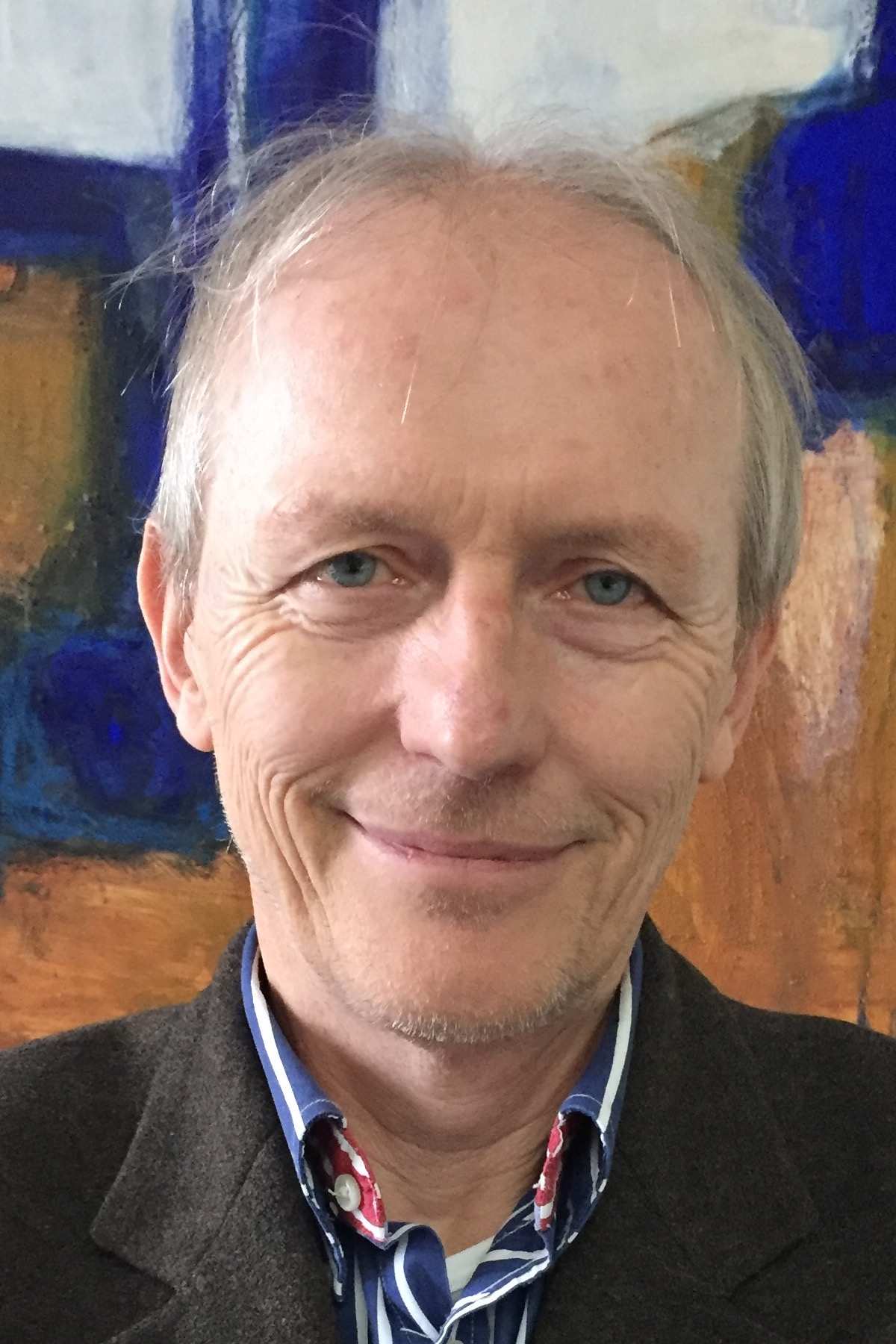
Keynote Lecture:
The Interaction Between Vision and Eye Movements
Personal Information:
Karl Gegenfurtner studied Psychology at Regensburg University. Subsequently he obtained a Ph.D. degree from New York University, where he also spent his first PostDoc. In 1993 he moved to the Max-Planck-Institute for biological cybernetics in Tübingen, where he obtained his Habilitation in 1998 and a Heisenberg-Fellowship in the same year. In 2000 he moved to the University of Magdeburg and in 2001 to Giessen University, where he since then holds a full professorship for Psychology. The emphasis of Karl Gegenfurtner’s research is on information processing in the visual system. Specifically, he is concerned with the relationship between low level sensory processes, higher level visual cognition, and sensorimotor integration.
Karl Gegenfurtner is the head of the DFG Collaborative Research Center TRR 135 on the “Cardinal mechanisms of perception”. He was elected into the National Academy of Science Leopoldina in 2015 and received the Wilhelm-Wundt medal of the German Psychological Association (DGPS) in 2016.
→Personal Website








